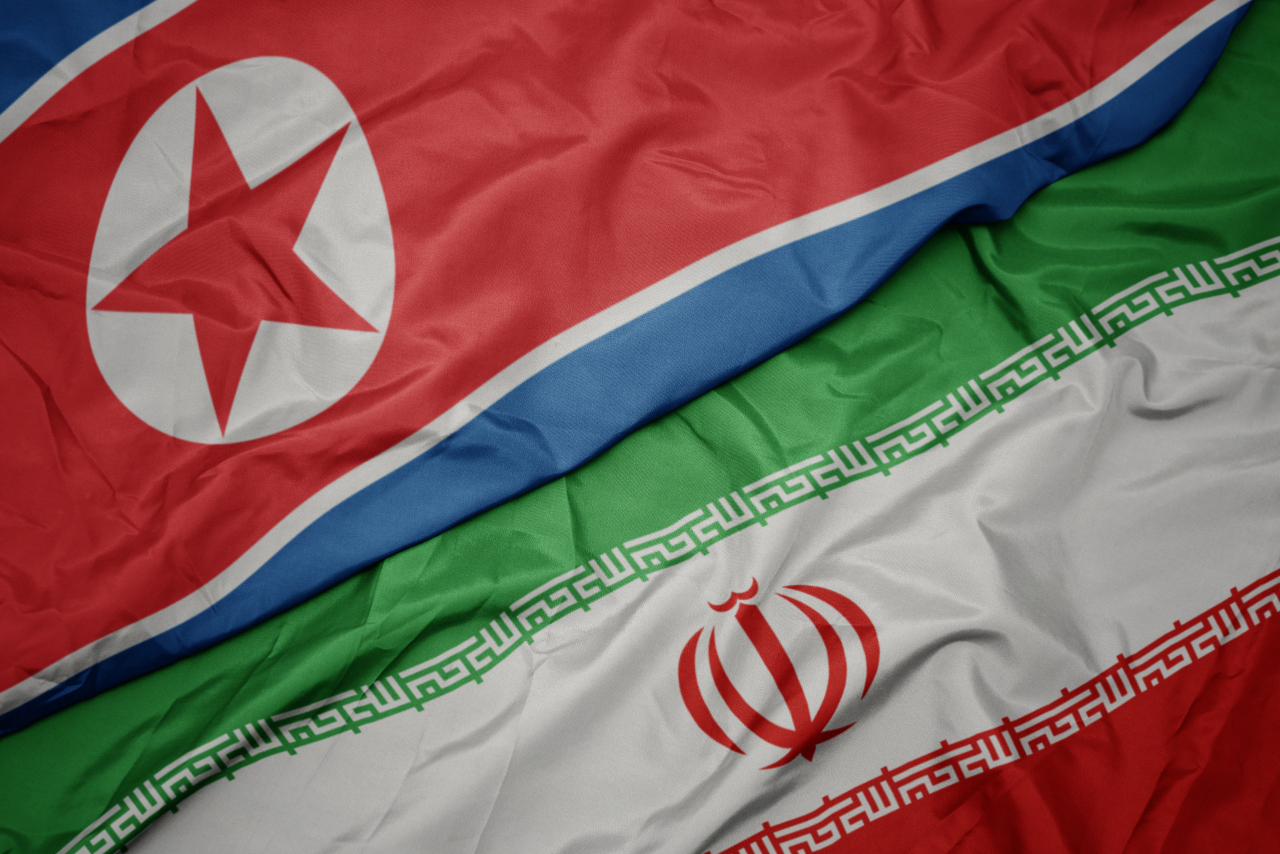 |
(123rf) |
A North Korean minister has embarked on a rare public visit to Iran, drawing scrutiny over the potential expansion of illicit cooperation between the two countries that have been under comprehensive international sanctions, especially amidst simmering tensions in the Middle East.
North Korean state media confirmed Wednesday that Yun Jong-ho, minister of external economic relations, departed Pyongyang the previous day to lead a North Korean government economic delegation to Iran.
North Korean state media did not provide further details on the visit, including its purpose.
It is rare for high-level North Korean officials to visit Iran publicly, with the latest instance being then-Vice President of the Supreme People's Assembly Pak Chol-min's trip to Iran in August 2019.
"The goal of Minister Yun Jong-ho's visit to Iran is ostensibly for economic cooperation, but we cannot rule out the potential for substantial military cooperation," said Yang Moo-jin, a professor at the University of North Korean Studies in Seoul.
"The visit signals North Korea's initiation of a niche strategy aimed at foreign currency acquisition through military cooperation between North Korea and Iran, following its close military alignment with Russia," he continued.
Yun's journey to Iran is particularly noteworthy as it follows his recent trip to Russia, which took place from late March to early April.
Yang said Yun's visit to Iran serves multiple purposes, including "taking a clear stance in favor of Iran in the Israel-Iran conflict."
Yun's visit has garnered attention amid growing concerns about the potential for deepening military cooperation between Tehran and Pyongyang and its implications for the turmoil in the Middle East, mirroring North Korea's illicit arms provision to Russia, which the US and South Korea say fuels the war in Ukraine.
The regional situation in the Middle East has been exacerbated by the recent direct military confrontation between Iran and Israel, which have been engaged in proxy conflict across the region for decades.
The National Intelligence Service, South Korea's spy agency, last week said that it is closely monitoring whether North Korean technology was involved in the Iranian ballistic missiles used in the recent attack on Israel, considering past instances of cooperation in the missile sector between North Korea and Iran.
Iran's claimed retaliation against Israel and its first direct attack on Israeli territory was initiated on April 13 and carried out through the launch of hundreds of explosive drones and missiles.
US State Department Spokesperson Matthew Miller expressed concern on April 16, stating, "Certainly, that's something we'd be incredibly concerned about," when asked about the potential cooperation between Iran and North Korea in pursuing nuclear weapons and ballistic missiles.
North Korea's arms transfers to Iran, exchanged for oil and hard currency, among other goods, during the 1980s Iran-Iraq war, laid the foundation for the military partnership.
In 2006, the then-chief commander of Iran’s Islamic Revolutionary Guard Corps publicly acknowledged for the first time that Iran had obtained missiles from North Korea during its war with Iraq.
According to a 2019 report by the US Defense Intelligence Agency, "Iran acquired significant assistance from other countries, including North Korea and China, to establish domestic production capabilities for major weapons programs." For instance, the report said Iran has modified the Shahab 3, originally based on North Korea's Rodong medium-range ballistic missiles.
In a parallel but interconnected development, North Korea issued a press statement on Wednesday to criticize the United States House of Representatives for passing a long-awaited bill providing additional aid to Ukraine on Saturday.
However, the legislative package encompasses more than just aid for Ukraine, which amounts to $60.84 billion. It also includes provisions for supplying war aid to Israel and providing humanitarian relief to people in Gaza, totaling $26 billion.
"I affirm that the US legislative military aid package is just a mind-bending drug for buoying up for a moment the Zelenskyy clique gripped with fear resulting from its ever-worsening position on (the) battlefield and making it tilt at windmills," read the North's English-language statement.
The statement was issued under the name of Vice Foreign Minister Im Chol-il, who is responsible for Russian affairs.
"Any US military aids can never block the advance of the heroic Russian army and people all out for a sacred war of justice for safeguarding the sovereign rights and security of their country," the statement added.
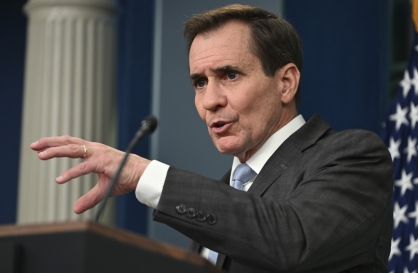

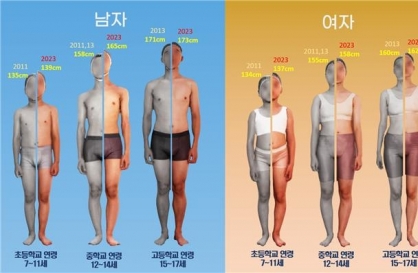
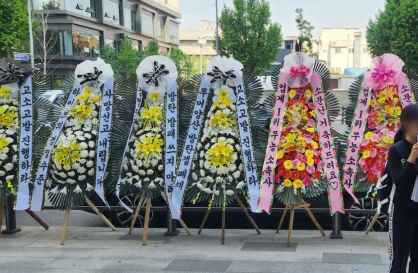
![[Graphic News] Number of coffee franchises in S. Korea rises 13%](http://res.heraldm.com/phpwas/restmb_idxmake.php?idx=644&simg=/content/image/2024/05/02/20240502050817_0.gif)
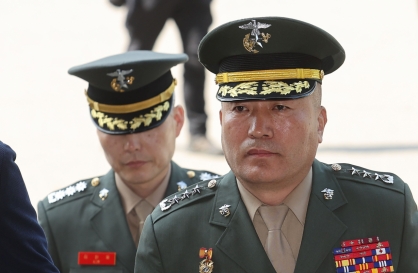

![[Robert J. Fouser] AI changes rationale for learning languages](http://res.heraldm.com/phpwas/restmb_idxmake.php?idx=644&simg=/content/image/2024/05/02/20240502050811_0.jpg)